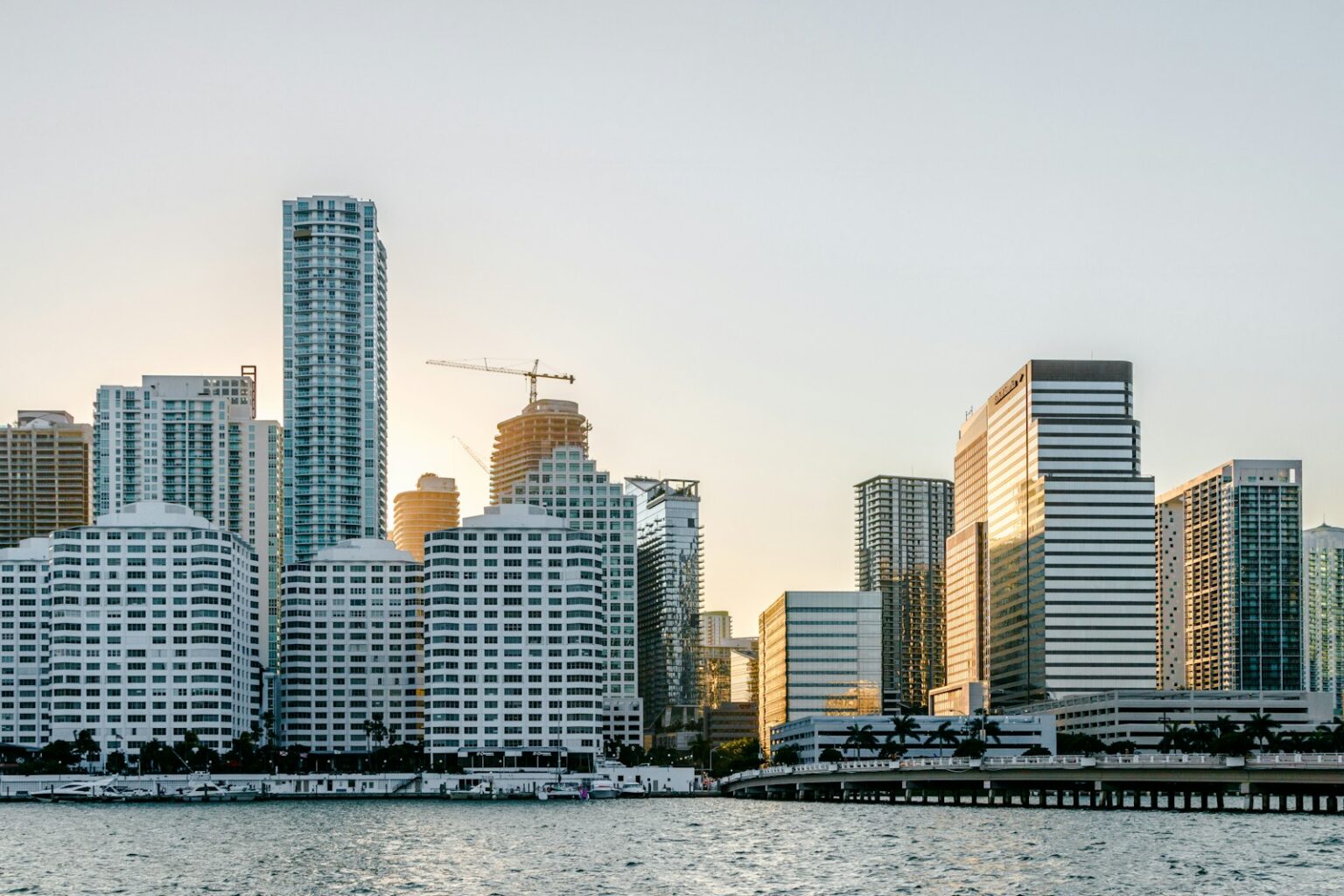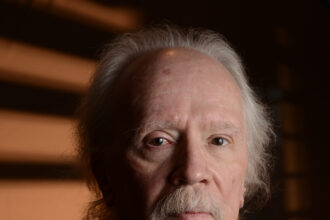We are deeply concerned by the recent threat made by the mayor of Miami Beach to pull the funding and lease of @OCINEMA. Read our joint statement with @ArtHouseConv and see resources for actions below.https://t.co/Xum4uj48gf
— International Documentary Association (IDA) (@IDAorg) March 14, 2025
The Miami Beach mayor is attempting to evict O Cinema, a nonprofit art house, from its city-owned location for screening the Oscar-winning documentary “No Other Land.” The film depicts the Israeli demolition of Palestinian homes in Masafer Yatta. Mayor Steven Meiner called the film “a false, one-sided propaganda attack on the Jewish people that is not consistent with the values of our city and residents.” He is seeking to terminate O Cinema’s lease and cut its funding. O Cinema co-founder Kareem Tabsch expressed concern over potentially losing their physical space.
He emphasized the institution’s commitment to presenting thought-provoking works and facilitating open dialogue without government interference. The ACLU of Florida has stepped in to support O Cinema.
As a response to art, silence can afford opportunities. Here is an essay I wrote about that https://t.co/fRrsMBMfit
— Feeling Distant (@annkpowers) March 15, 2025
ACLU Florida legal director Daniel Tilley criticized the mayor’s action as an attempt by the government to stifle free speech and punish dissenting viewpoints.
The success of the Oscar-winning documentary “No Other Land,” despite hostility from the Israeli government, “is an indictment of a system that increasingly seeks to silence dissent rather than engage with it.” Pro-Palestinian speech is to be censored. https://t.co/JhAFtw6opt
— Kenneth Roth (@KenRoth) March 17, 2025
“No Other Land” has gained international attention, with distributors in over two dozen countries acquiring rights even before its Oscar win.
Miami Beach debates cinema’s free speech
Its screening at O Cinema has sparked a debate about artistic freedom and governmental censorship.
“The Israeli government’s policies seek to render Palestinians invisible and brand their Israeli allies as traitors.” It has far too many enablers in Washington. https://t.co/EweGwUzcgy
— Kenneth Roth (@KenRoth) March 16, 2025
The cinema initially agreed to cancel the screening, citing “concerns of antisemitic rhetoric.” However, they later reversed the decision to uphold the principle of free speech. The film’s sensitive portrayal of the ongoing conflict and displacement in the West Bank has sparked varied reactions across different communities. The mayor’s efforts to evict the theater have ignited local debates about the limits of municipal authority and the role of public spaces in promoting diverse viewpoints.
Advocates for the theater argue that screening the film is a critical stand for free speech. Opponents feel that the film’s content is inappropriate and potentially harmful. The situation remains contentious in Miami Beach, reflecting broader national and international dialogues on similar subjects.
Photo by; Gaetano Cessati on Unsplash













